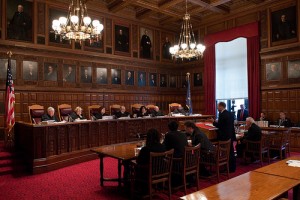Have You Seen the Whole Statute?
Many laws are enacted as a coherent whole and then divided and separated when they are codified. Part of the statute may be sprinkled into the jurisdiction and procedure code, part into one substantive code and the rest into another. Additionally, within one code, sections of a single statute may appear widely separated. Two federal examples: The Chief Financial Officers Act of 1990 appears in the following United States Code titles: 5, 31, 38 and 42. The Child Abuse, Domestic Violence, Adoption...




